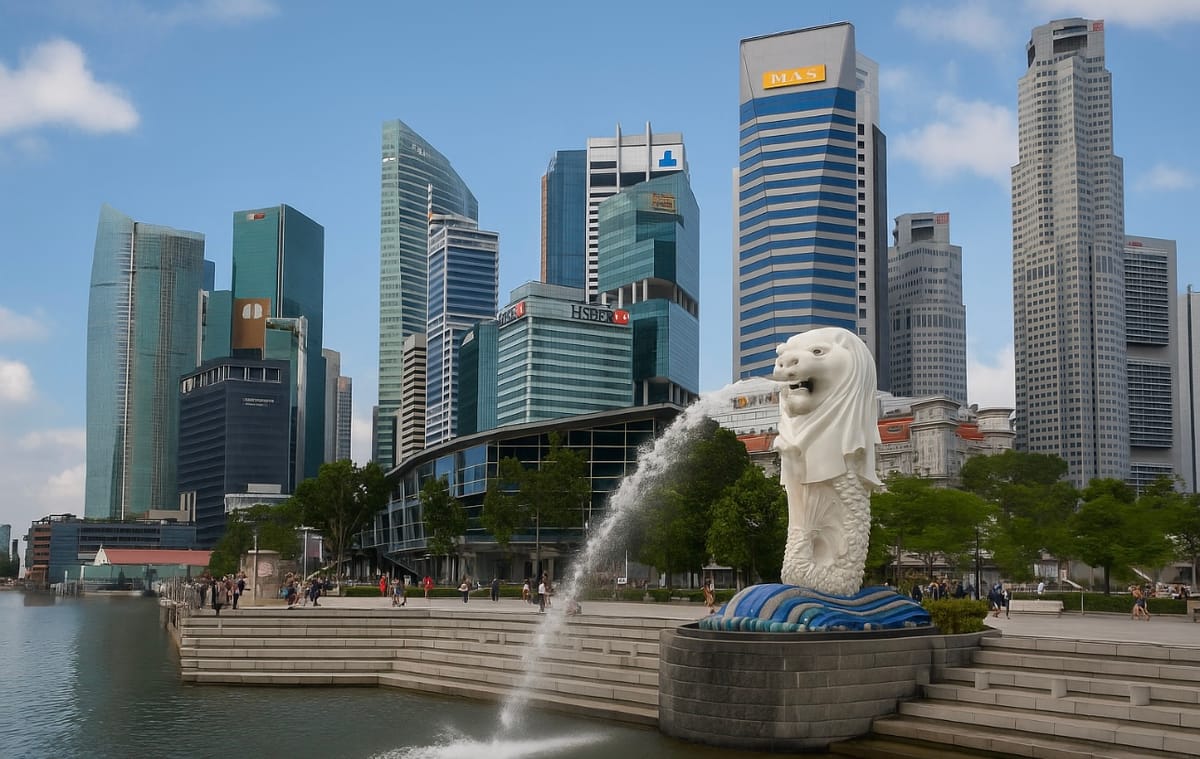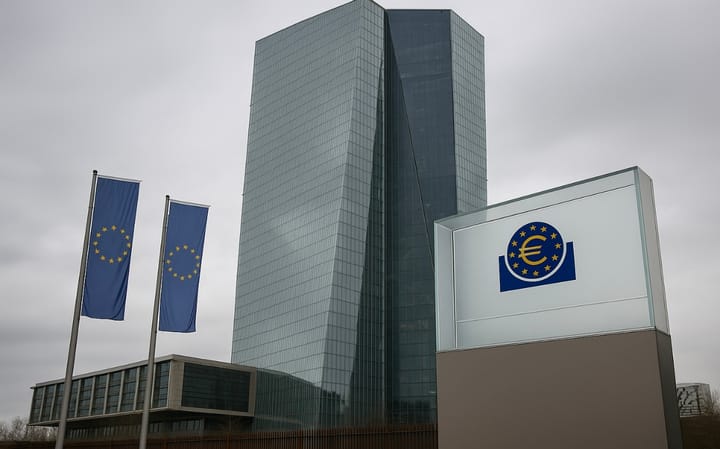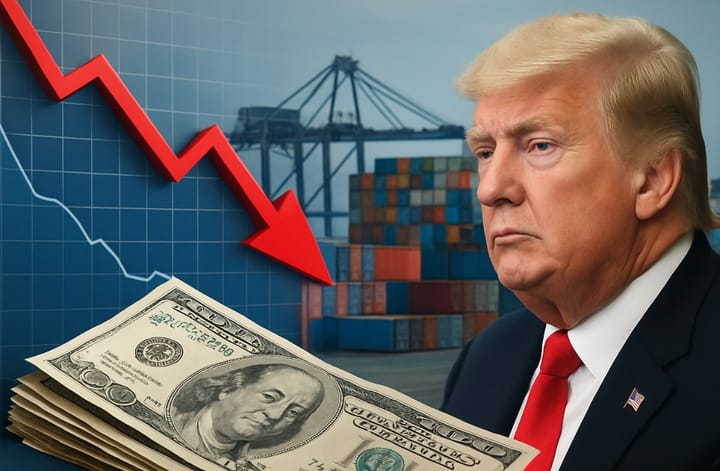Singapore Bans Local Crypto Firms from Serving Overseas Markets
Starting June 30, 2025, Singapore officially bans local crypto firms from serving overseas markets to tighten regulation and oversight.

Singapore Tightens Crypto Rules, Local Firms Barred from Overseas Markets
Singapore has reaffirmed its commitment as a transparent and reliable financial hub by announcing a new policy banning local crypto firms from serving overseas markets, effective June 30, 2025. The Monetary Authority of Singapore (MAS) has set a firm deadline with no transitional period. All Singapore-based companies operating in digital assets must cease all cross-border services or immediately apply for a Digital Token Service Provider (DTSP) license.
This move targets not only major companies but also individuals and consultants who act as digital token service providers for clients abroad. Violations of this policy carry severe penalties, including fines of up to SGD 250,000 (about USD 200,000) and a maximum prison sentence of three years.
Background and Reasons Behind the Ban
This regulation stems from a public consultation process held since October 2024. MAS identified legal loopholes that allowed Singapore-based companies to avoid local regulation by targeting overseas markets. The new rule ensures all crypto entities—companies and individuals alike—are subject to Singapore’s laws, regardless of their client base.
The policy is driven by global concerns about money laundering and terrorist financing through cross-border digital assets. MAS emphasizes that stronger crypto oversight in Singapore is essential for maintaining both market integrity and the country’s reputation as a highly regulated international financial center.
DTSP License Requirements and Risks
Companies wishing to continue cross-border operations must apply for a DTSP license. The process is rigorous. Firms must have a minimum base capital of SGD 250,000, conduct renewed due diligence on all clients, comply with the FATF Travel Rule, and enforce strict technology risk management standards.
However, the likelihood of approval is extremely low. MAS stresses that only companies with full compliance with anti-money laundering (AML) and counter-terrorism financing (CFT) standards will be considered.
Impact on Singapore’s Crypto Ecosystem
This ban forces many crypto industry players to reevaluate their business strategies. Their choices are limited: apply for a license with little chance of approval, stop servicing overseas clients, or relocate operations to more permissive jurisdictions.
The result is that small crypto firms and startups risk being squeezed out, while large players able to meet the requirements will strengthen market legitimacy. This step is expected to reduce Singapore’s reputational risks globally and foster a safer, more transparent digital asset ecosystem.
Long-term Effects: Legitimacy or Innovation Barrier?
Singapore’s global financial reputation is at stake. By tightening crypto regulations, the country aims to balance financial security, international standing, and innovation. However, overly strict regulations could hamper digital asset innovation, particularly for startups.
Several legal and financial experts recommend that companies promptly restructure their operations or consider relocating their legal base to continue serving international markets.
Singapore positions itself as a pioneer in strict crypto regulation. Firms based in the Lion City must quickly adapt to the new rules set to take effect on June 30, 2025. Compliance is expected to safeguard the digital asset ecosystem, keeping it secure, credible, and globally competitive.





Comments ()